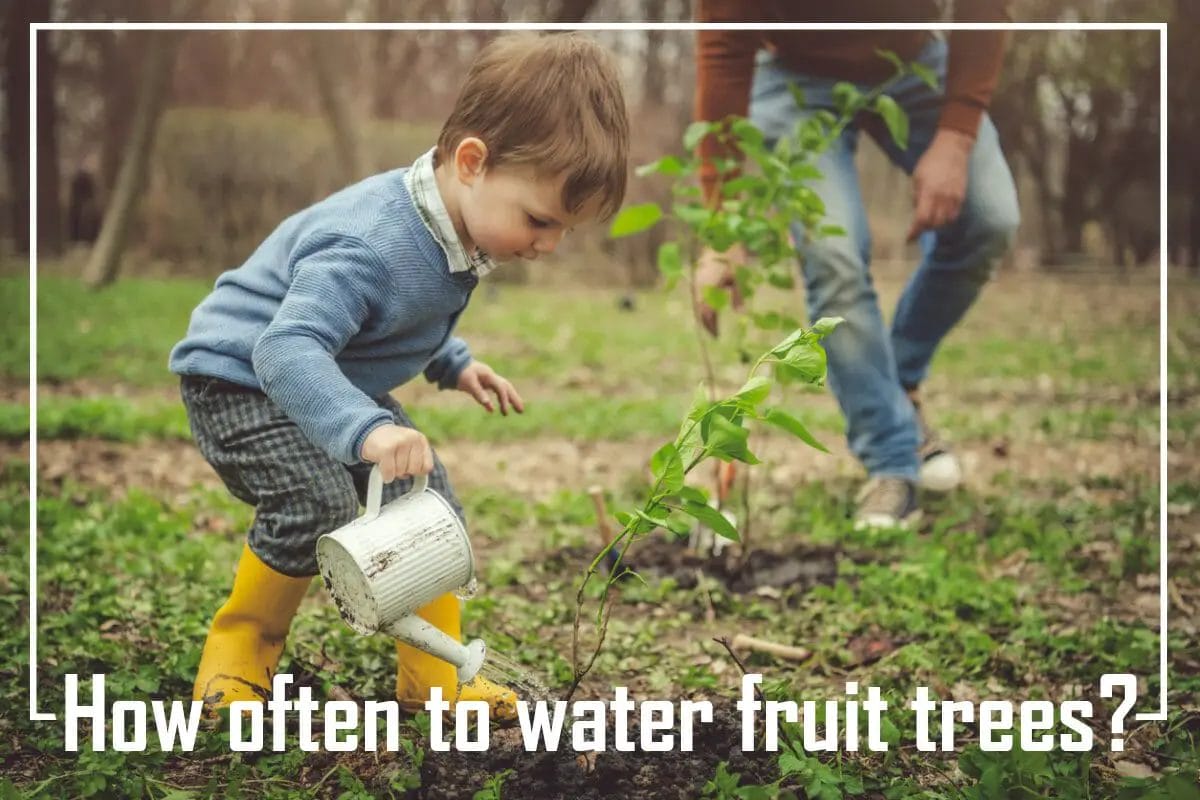Growing various types of vegetables is a plus point for us. Because we don’t have to run to the grocery store whenever we need anything, we can just walk through the garden and grab whatever we need. Splash is an excellent vegetable for preparing salads for any dish.
So, squash plants should be necessary if you plan a vegetable garden. Squash plants can be finicky, but they are also rewarding and beautiful. The key is understanding how to water squash plants, so you don’t kill them.
Every week, squash needs one inch of water. Water mature squash plants once a week in order to keep their soil moist. Sandy soil or a very hot climate requires frequent watering.
Follow these tips for watering your squash plants, and you’ll enjoy delicious fruit in no time. Drive in to learn more about squash-
How to choose the best squash plant?

Squash is easy to grow and produces tasty fruit. But choosing the perfect variety depends largely on what you plan to do with it.
For example, some types are ready to harvest within just weeks, while others take months to mature. And some squash varieties are good for eating immediately, while others hold their sweetness better when stored.
Here are a few things to consider when deciding which squash to grow:
What do you intend to use your squash for?
Do you want to eat it right away? Or would you prefer to store it for later?
If you’re looking for something to make into soup or bake, look for those that require less time to ripen. For example, squashes such as acorn, buttercup, delicata, Hubbard, kabocha, and butternut tend to be sweeter when ripe and ready to pick sooner.
It takes five months to harvest butternut, for example. On the other hand, summer squashes such as zucchini, crookneck, pattypan, yellow crookneck, and round white globe squash are usually harvested earlier, but they’ll keep longer once picked.*9-6+3.
How much space do you have?
You might think that growing large pumpkins is easier than smaller ones, but there’s no rule saying that bigger is always better. Pumpkins weighing over 20 pounds can be too heavy for small gardens.
Instead, choose a size based on how much room you have. Smaller pumpkins are easier to plant and care for, but they won’t yield nearly as much food as larger specimens.
Things you should keep in mind while planting squash-
the time required for planting squash
It is a warm-weather plant both in summer and in winter. Make sure your seeds do not rot before sprouting by waiting until your soil reaches 60 F (16 C). A heated greenhouse or indoor garden is also a good place to sow squash seeds before the last frost.
Transplants should only be set out when the temperature reaches 70 degrees Fahrenheit (21 degrees Celsius). Find out the latest information about your neighborhood from your local extension agent.
soil requirements for planting squash
A pH of between 6.0 and 6.8 is ideal for squash. If your soil is too acidic, follow the instructions on your product to determine how much lime to add.
Don’t worry unnecessarily. You don’t have to lime your soil unless your soil is highly acidic, according to the University of Massachusetts Centre for Agriculture. Before adding anything that could alter the pH of your soil, you should always conduct a soil test.
Sun requirements for planting squash
Squash plants must have full sun in order to produce fruit. Therefore, you must plant your seeds or start in a place with at least six hours of sunlight a day so they will be able to grow. Using a sunshine calculator will help you figure it out.) Of course, more is better, but your squash plants can droop if the weather is too hot for an extended period of time.
You can tell if this is happening because your plant may be trying to conserve its resources to survive. As the evening draws closer, most plants will begin to perk up again. However, you should consider adding a shade cloth or another temporary heat protection measure if they do not.
water requirements for planting squash-
Squash plants grow quickly, especially during the hot summer months. They don’t require much water, but you want to ensure they get enough. A good rule of thumb is to give each plant one inch of water weekly. This amount ensures the soil is wet 8 to 12 inches beneath it.
The soil in your garden might need watering more frequently if it is sandy. You could also try burying a perforated metal can alongside your seedlings at planting time and fill this can daily to a couple of times per week.
In order for squash plants to grow properly, they need one to two inches of water per week. When rainy weather, you may extend the watering period to 10 to 14 days for squash.
A weekly deep watering of squash is necessary for it to grow well. Water your squash twice a week if the weather is hot and dry.
This method ensures that water reaches the roots of your squash plants.
speech requirements for planting squash
Squash is easy to grow and can be grown almost anywhere. They don’t require special soil, so they’ll thrive in most conditions.
In some cases, squash can be planted later in the summer, but in other cases, spring is the best time for planting squash. As a result, you can harvest pumpkins throughout fall and winter.
If you’re planting a vine type, consider the size of the vines. For example, most vining types require about 30 square feet per plant. However, a few varieties have smaller vines that take up less space.
Bush varieties are generally easier to care for. These tend to produce fruit sooner, but they won’t grow very big unless you give them plenty of space.
Planting distances vary depending on the variety. Some bush varieties can take up to 40 square feet per plant.
You can find information about specific varieties online. For example, here’s what one site recommends for ‘Butternut‘: “Space each hill 2 feet apart and 3 feet deep.” And here’s what it says about ‘Winter Gem’ squash: “Plant 18 inches apart in rows 24 inches apart. Grow vines 10 to 14 feet long.
Frequently Asked Questions [FAQs]
1. Can squash be overwatered?
2. What is the water requirement for yellow squash?
3. What is causing my squash to turn yellow and fall off?
4. Is there a reason why my squash plants wilt during the day?
5. What are the benefits of Epsom salt for squash?
Conclusion
To sum it up, watering your squash plants is not as simple as just turning on the hose and letting it run. Knowing the right frequency, type of water and method for each plant is important. While some plants may thrive with a deep soak every other week or so, others need more frequent shallow watering.
Experiment with different methods and find what works best for your soil type. I hope this article has answered every question about planting squash. Is cold water good for plant CHECK NOW.






